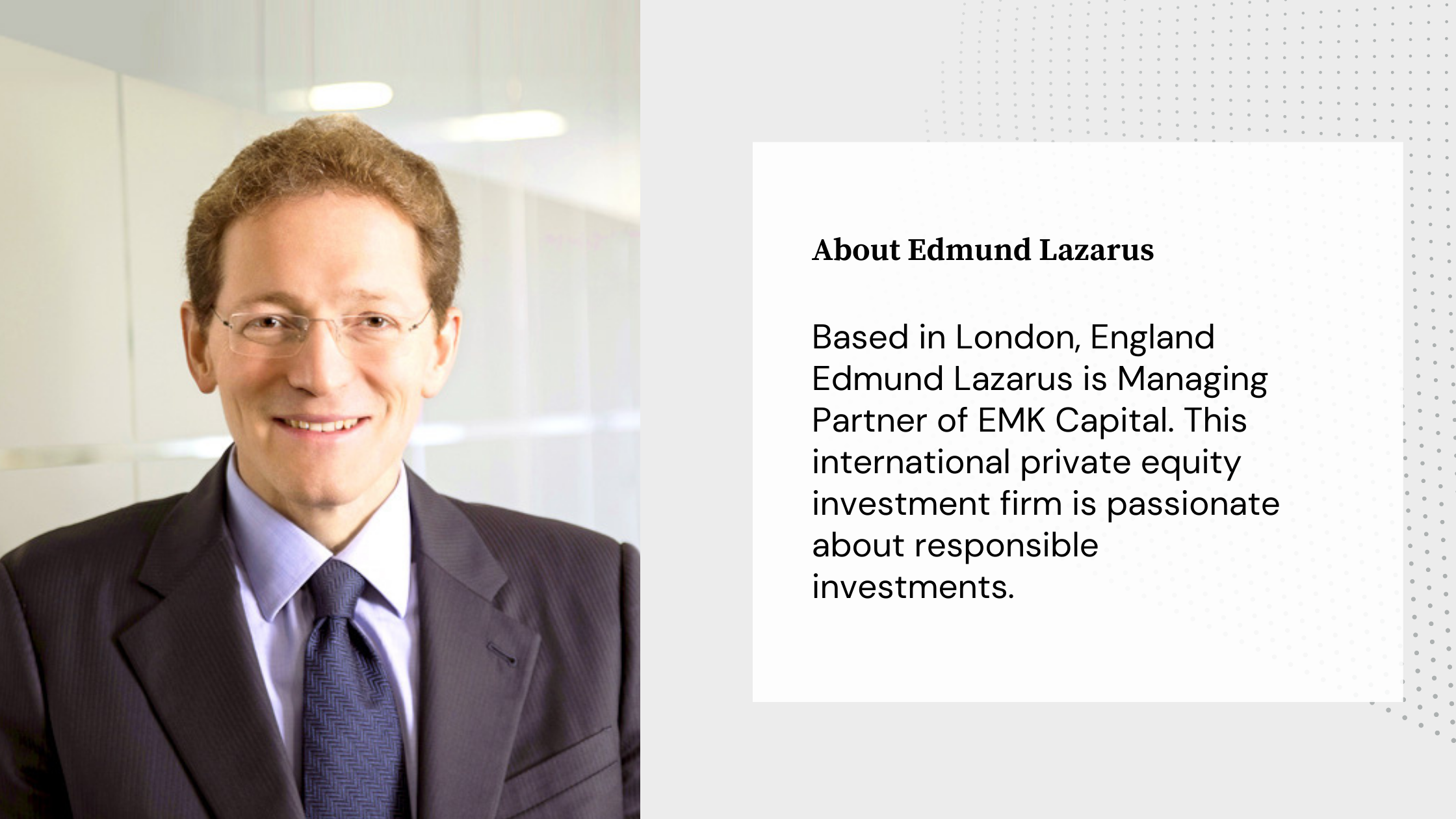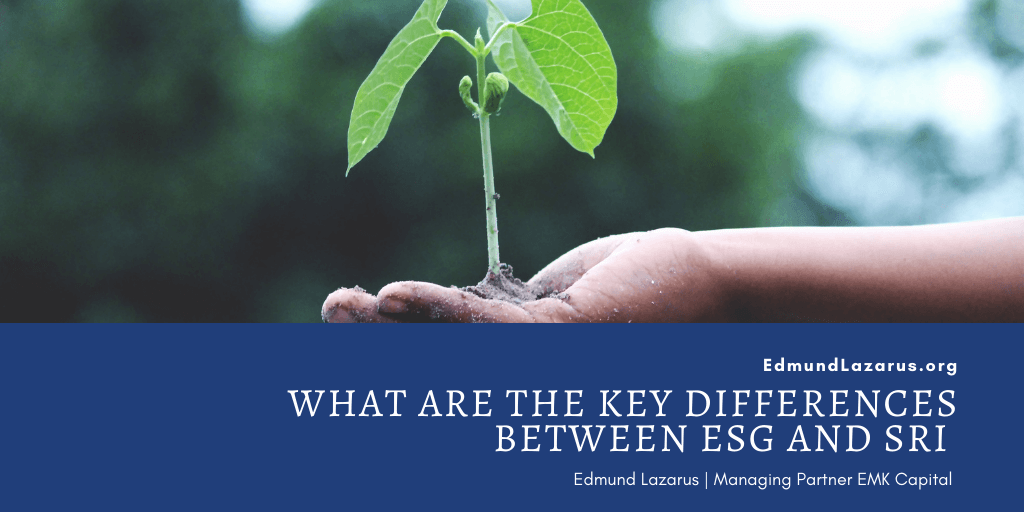Investors today are not only concerned with how much they get on their returns. They also want to make a positive social impact with their dollars, which is where SRI and ESG investing come in. According to the US Forum for Sustainable and Responsible Investment’s 2020 survey, socially responsible investment counts for $1 out of every $3 under professional investment management in the United States. That’s a 42% increase in just two years from 2018.
But what is the difference between socially responsible investment (SRI) and environmental, social, and governance (ESG) investment?
SRI is investing in companies and businesses that are socially responsible. What is and is not deemed “socially responsible” depends mainly on the current social and political climate, and currently, environmentally friendly practices are prevalent. A subtype of SRI is impact investing or making sure that your investment dollars will positively impact something. Investors engage in SRI when they choose to buy stock from socially responsible companies or invest in an SRI-focused ETF. SRI can also refer to the practice of not investing in companies that don’t meet an individual’s standards of social responsibility.
ESG investing refers to investing that falls into the environmental, social, and governance framework. Investors look at how ESG affects how well an investment does in the market. Like SRI, ESG investors are concerned about the company’s social and environmental impacts but are more concerned about their bottom line.
Though SRI and ESG are different, they are both very similar and often go hand in hand. ESG investing examines how a company’s adherence to ESG standards affects its market performance. SRI is the practice of investing in socially responsible companies or not investing in socially irresponsible ones. It is up to an individual to determine which type of investment is right for them and their portfolio.
To put it simply, if you are a supporter of social or environmentally friendly initiatives but are more concerned with the bottom line of your investments, ESG is suitable for you. If you are an activist who’s more concerned with a cause than your returns, you want to practice SRI.

